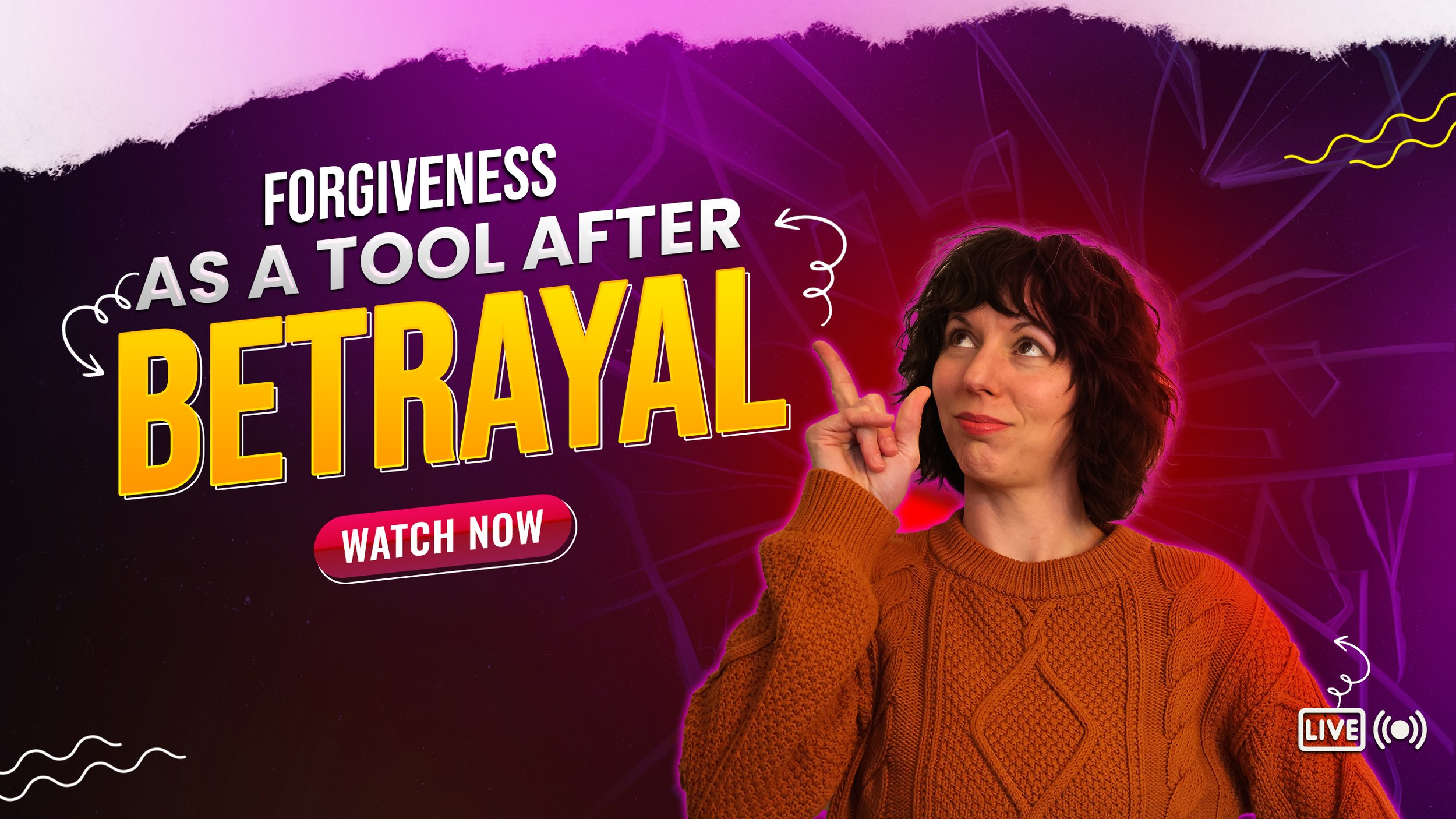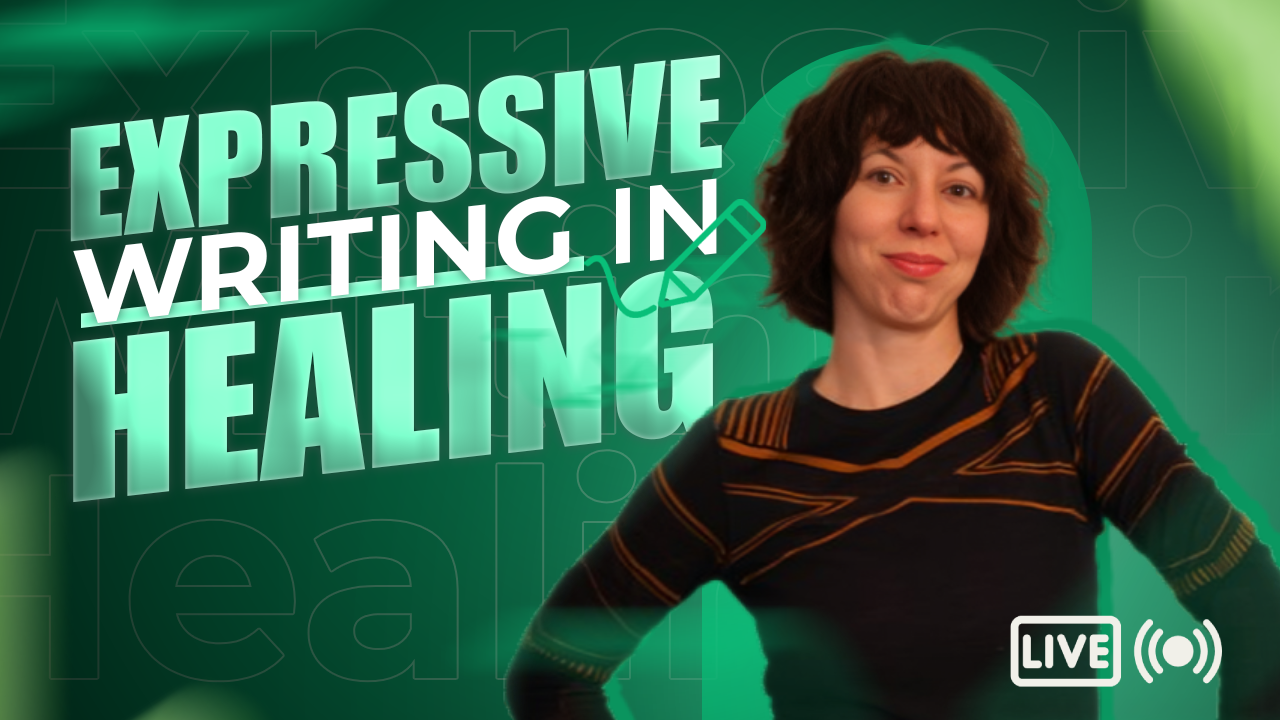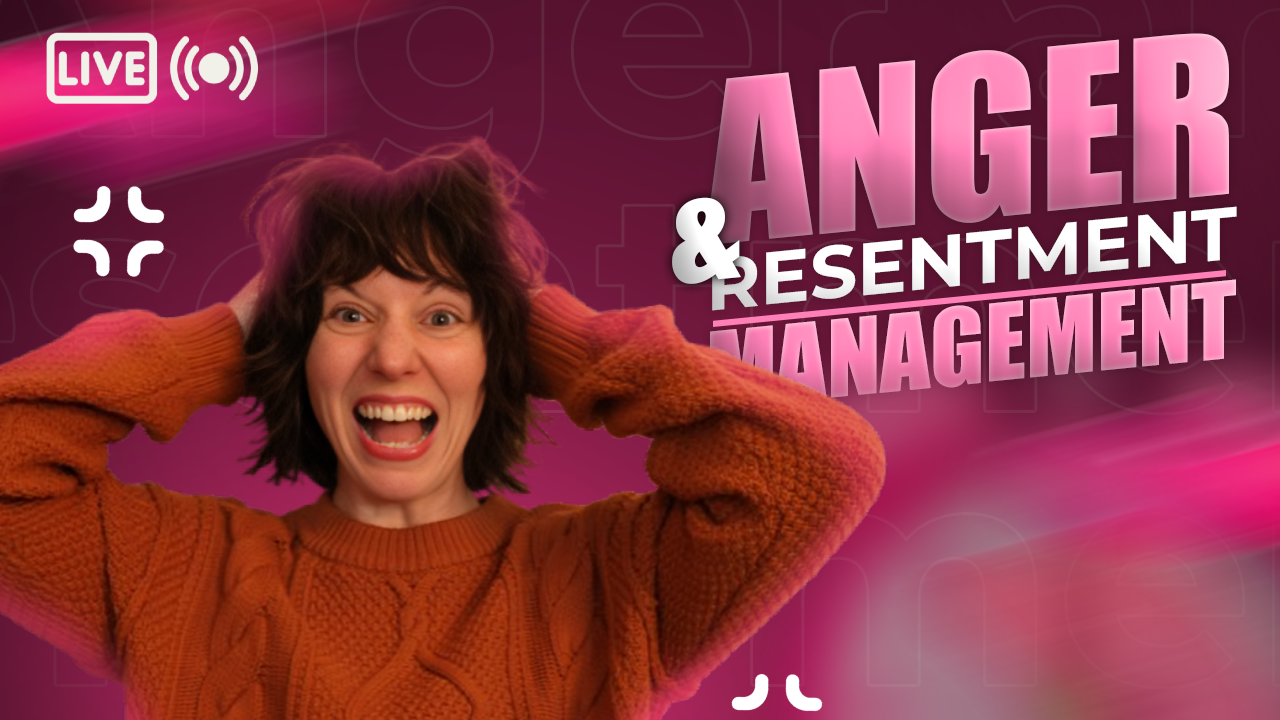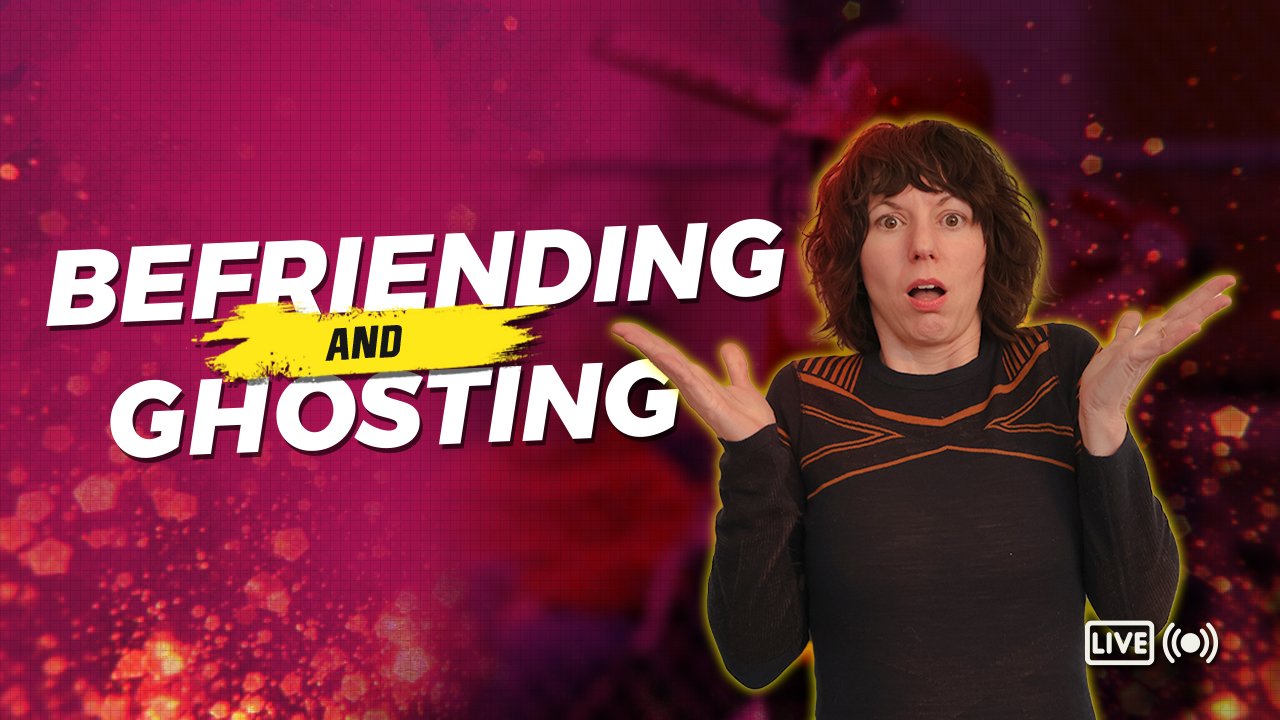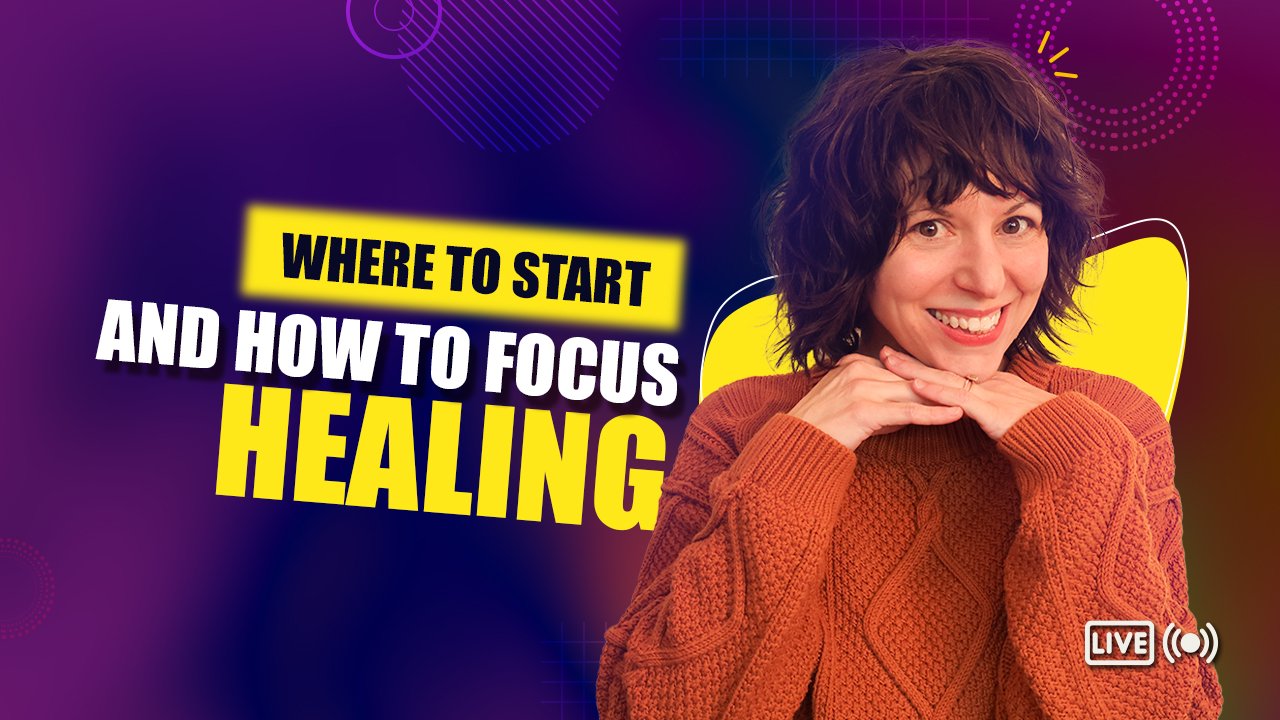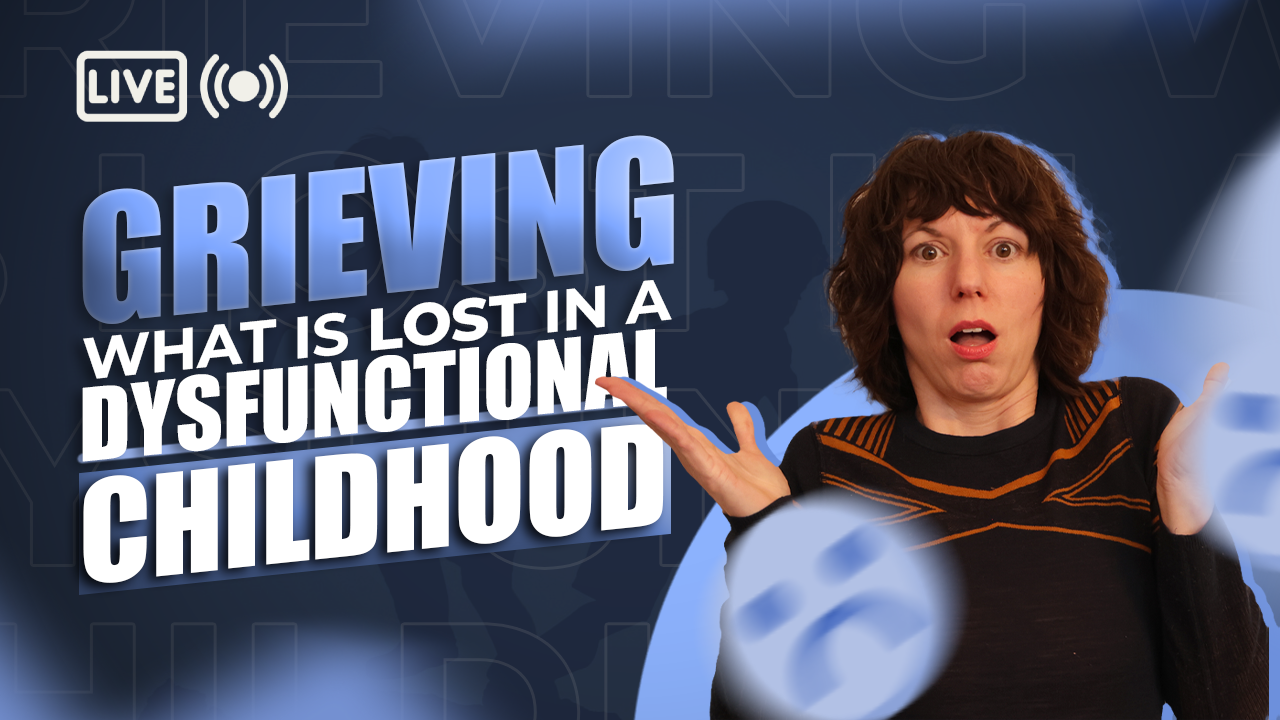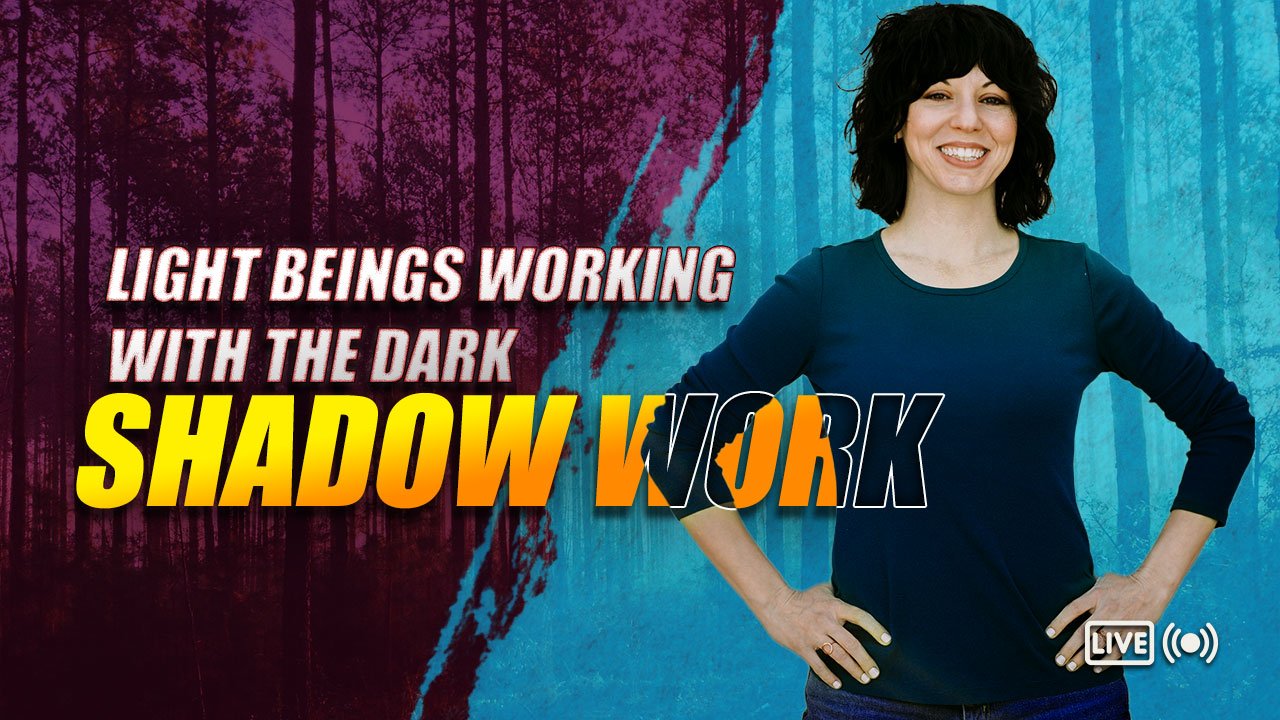Welcome New Listeners: Understanding Commonly Used Terms on the Show
In this blog post, we will explore various terms used on the show, specifically focusing on Highly Sensitive People (HSP) and ways to understand, embrace, and love our highly sensitive selves. I will discuss topics such as sensory sensitivity, emotional and mental sensitivity, and theories about the cause of high sensitivity. I will also differentiate between introverts and extroverts, and how they recharge and get their energy. Additionally, I will explain the concept of high sensation seeking, which can be confusing for many, but is important to understand and accept for those who fall into this category. Furthermore, I will discuss neurodivergent, an umbrella term for mental or neurological differences, including those on the autism spectrum, and how existentialism has played a role in my mental health journey.
Terms:
Highly Sensitive People (HSP)
Introvert
Extrovert
High Sensation Seeking
Neurodivergent
Existentialism
Highly Sensitive People:
The term HSP is becoming increasingly popular and, as a result, it can sometimes be watered down. It's important to note that no one can look at another person and say whether or not they are highly sensitive. However, trust your instincts and be aware that sometimes manipulative people may jump on the HSP bandwagon.
When discussing HSP, there are two ways to think about it: sensory sensitivity and emotional and mental sensitivity. Sensory sensitivity refers to how our body and nervous system is wired, and how our senses (sight, sound, touch, hearing, and smell) affect us. Emotional and mental sensitivity refers to how we process and react to emotions and mental states.
There are different theories about what causes high sensitivity, and some people may believe in one more than the other. One theory is that trauma can heighten sensitivity. This makes sense when we consider that if we are living in a traumatic environment, our nervous system and body learn to be hyper-aroused and hyper-aware in order to keep us safe. This can be especially true when we are young and developing. For example, in a dysfunctional and unsafe family system, like that of an alcoholic family, children may develop hyper-sensitivity as a survival skill.
Overall, it's important to understand that HSP is a complex and nuanced topic with different perspectives and theories. It's also important to trust your own instincts and be aware of potential manipulators who may try to use the HSP label for their own gain.
Introvert and Extrovert
The key difference is that introverts gain energy from being alone and in quiet environments, while extroverts gain energy from being around people.
It's important to note that being an introvert or extrovert is not about whether or not someone can be with people; it's about how they recharge and get their energy. For example, an introvert may be able to work a room at a party, but it will take a lot of energy and they will need to recharge afterwards. On the other hand, an extrovert may be excited to go into a room and work the crowd because it will energize them.
It's also worth noting that introverts may have an easier time understanding extroverts, but extroverts may struggle to understand introverts. It's important for introverts to learn how to advocate for their needs and to not feel ashamed or like there is something wrong with them for being an introvert.
A statistic to keep in mind is that around 70% of highly sensitive people (15-20% of the population) are introverted, while 30% are extroverted.
High Sensation Seeking
As a highly sensitive person, I have come to understand that there is a subset of high sensitivity called high sensation seeking. This can be a confusing concept for many, as it may seem contradictory to be both highly sensitive and seeking out intense experiences. However, for those of us who fall into this category, it is important to understand and accept ourselves for who we are.
One aspect of high sensation seeking is a desire to change and play with our sensations. This can manifest in things like a history of drug use, or a desire for high intensity experiences like skydiving or backpacking long distances. It is important to note that this is not simply a matter of using drugs for the sake of feeling good or to escape pain, but rather a desire to change our state and play with our adrenaline.
It can be easy for outsiders to misunderstand or judge those of us who are high sensation seekers. They may question how someone who is highly sensitive can also seek out intense experiences. However, it is important to remember that self-acceptance and self-regard are key in understanding and presenting ourselves to the world.
By respecting and understanding the complexities and nuances of being a high sensation seeker, we can also show respect to others and be more likely to receive acceptance and understanding in return. This is an important part of taking care of ourselves as highly sensitive individuals.
Neurodivergent
Personally, I identify as a highly neurodivergent individual. My own mother often commented on my unique way of thinking and problem solving during my childhood. While I appreciated my individuality, I also struggled with feeling like an oddball or not fitting in.
I have mixed feelings about the use of the term neurodivergent. On one hand, it can be helpful in providing a label for individuals with mental or neurological differences. On the other hand, the overuse of this term can make it lose its meaning and make it seem like everyone is neurodivergent.
Additionally, I have also considered identifying as being on the autism spectrum, as I fit many of the characteristics of high functioning autism. However, I have similar reservations about overusing this label, as it can take away from the experiences of those who truly struggle with autism.
In light of this, I prefer to use the term "highly sensitive person" instead of neurodivergent. It is important to remember that it is not a matter of right or wrong, but rather a matter of personal preference. It is important to use whatever word resonates with you and feels most comfortable.
Existentialism
I am most definitely an existentialist, and it runs throughout my work. I have found that this philosophy has played a significant role in my mental health journey. Through my struggles with trauma, PTSD, depression, and anxiety, existentialism has provided me with a framework for healing and growth.
One of the ways that existentialism has helped me is through its ability to shift my attachment style from an anxious one to a secure one. This has been an essential component in my journey towards healing and self-discovery.
In a future blog post, I will be exploring the specific principles and ideas of existentialism that have played a role in my healing. For now, I want to end this post by mentioning that I will be sharing these insights with my Patreon members.
We’ve explored various terms used in the show, including HSP (Highly Sensitive People), Introvert, Extrovert, High Sensation Seeking, Neurodivergent, and Existentialism. We have discussed the complexities and nuances of being a highly sensitive person, the key differences between introverts and extroverts, the unique characteristics of high sensation seekers, the use of the term neurodivergent, and the importance of existentialism in mental health and personal growth. It's important to remember that each individual's experience is unique and that self-acceptance and self-regard are key to understanding and presenting ourselves to the world.
Episode Tags
- ADD 1
- Abuse 14
- Alcohol 3
- Anger 9
- Bullying 5
- Childhood 37
- Codependency 8
- Covid 4
- Crystal Catalina 4
- Depression 15
- Detachment 2
- Disassociation 4
- Emotions 73
- Existentialism 2
- Faith 1
- Family 25
- Fatigue 4
- Focus 3
- Gratitude 11
- Grief 10
- Guilt 2
- Healers 7
- Healing 51
- High Sensation 4
- Hope 1
- Hypervigilance 7
- Introverts 6
- Lonliness 7
- Love 3
- Manifesting 5
- Manipulation 19
- Men 1
- Mindfulness 38
- Money 10
- Music 3
- Nutrition 2
- Overthinking 8
- PTSD 11
- Parenting 12
- People Pleasing 7
- Perfectionism 6
- Pets 4
- Relationships 13
- Resiliency 12
- Sadness 1
- Self Esteem 16
- Self Love 11
- Self Respect 1
- Self-Care 24
- Sex 1
Upcoming Events
Episode Tags
- ADD 1
- Abuse 14
- Alcohol 3
- Anger 9
- Bullying 5
- Childhood 37
- Codependency 8
- Covid 4
- Crystal Catalina 4
- Depression 15
- Detachment 2
- Disassociation 4
- Emotions 73
- Existentialism 2
- Faith 1
- Family 25
- Fatigue 4
- Focus 3
- Gratitude 11
- Grief 10
- Guilt 2
- Healers 7
- Healing 51
- High Sensation 4
- Hope 1
- Hypervigilance 7
- Introverts 6
- Lonliness 7
- Love 3
- Manifesting 5
- Manipulation 19
- Men 1
- Mindfulness 38
- Money 10
- Music 3
- Nutrition 2
- Overthinking 8
- PTSD 11
- Parenting 12
- People Pleasing 7
- Perfectionism 6
- Pets 4
- Relationships 13
- Resiliency 12
- Sadness 1
- Self Esteem 16
- Self Love 11
- Self Respect 1
- Self-Care 24
- Sex 1













